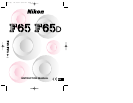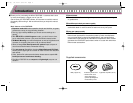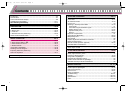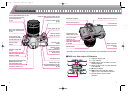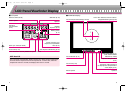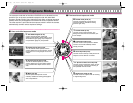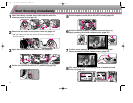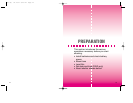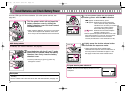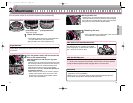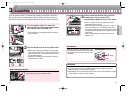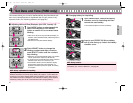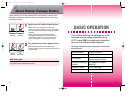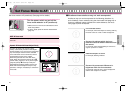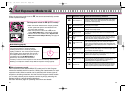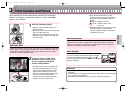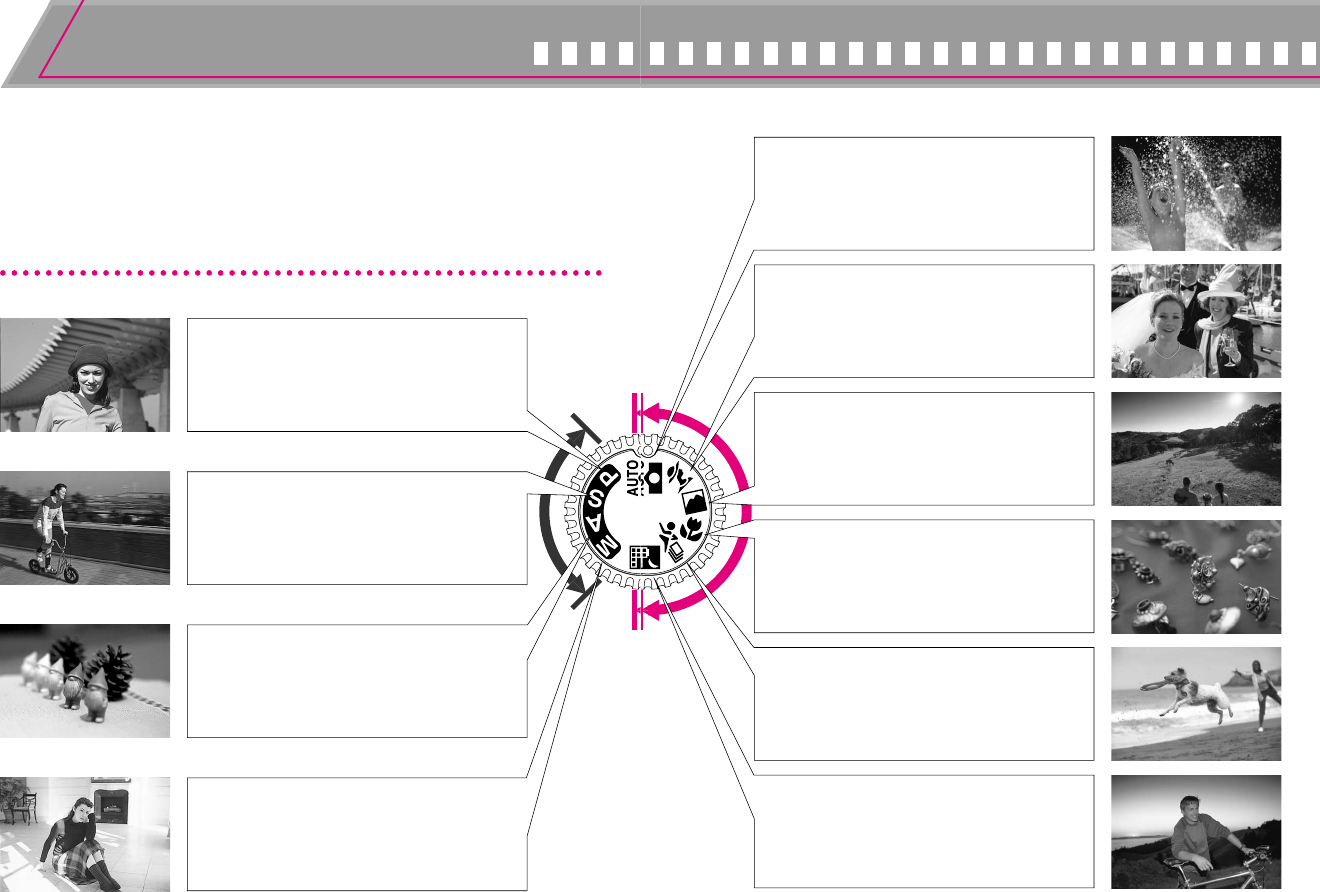
1110
The exposure mode dial of the Nikon F65/F65D can be divided into two
sections. One is the user-controlled exposure mode with Auto-Multi
Program, Shutter-Priority Auto, Aperture-Priority Auto or Manual exposure
modes, where the photographer can determine various exposure factors.
The other section is point-and-shoot exposure mode in which the camera
automatically controls various exposure settings.
Available Exposure Modes
• User-controlled exposure mode
• Point-and-shoot exposure mode
P: Auto-Multi Program (P. 52)
Camera controls shutter speed and
aperture automatically. Other settings, such
as Flexible Program (page 53) or Exposure
Compensation (page 61) are possible.
S: Shutter-Priority Auto (P. 54)
You set desired shutter speed, and the
camera selects the correct aperture. Freeze
the motion of a moving subject or blur the
subject.
A: Aperture-Priority Auto (P. 56)
You set the desired aperture, and the
camera selects the correct shutter speed.
Lets you determine depth of the in-focus
area.
M: Manual (P. 58)
Shutter speed and aperture are set
manually. Suitable for taking photographs
with unique effects.
a: AUTO mode (P. 28, 51)
Camera automatically controls all the
exposure settings. Suitable for taking
pictures right away.
s: Portrait mode (P. 37)
Use this mode to take portraits. The
background is blurred to accentuate your
main subject.
d: Landscape mode (P. 37)
Use this mode to take pictures of distant
scenes. The overall landscape will be
sharply focused.
f: Close-Up mode (P. 37)
Use this mode to take up-close pictures of
subjects such as flowers or insects.
g: Sports Continuous mode (P. 38)
Use this mode to freeze the motion of fast-
moving subjects. Continuous shooting is
also possible with this mode.
h: Night Scene mode (P. 38)
Use this mode for subjects with an evening
or night background.
F65 (E) 02.12.27 5:43 PM Page 10



